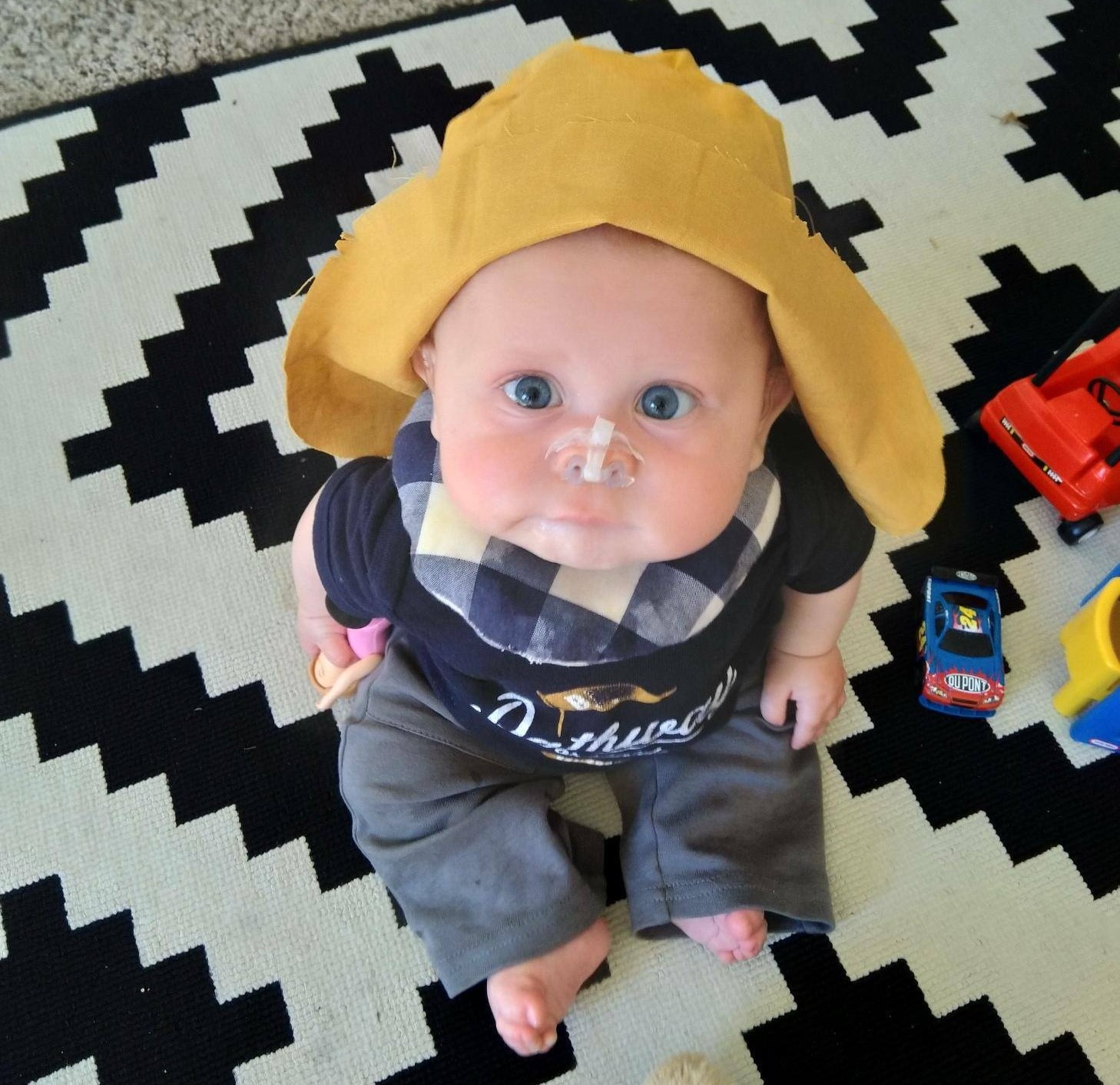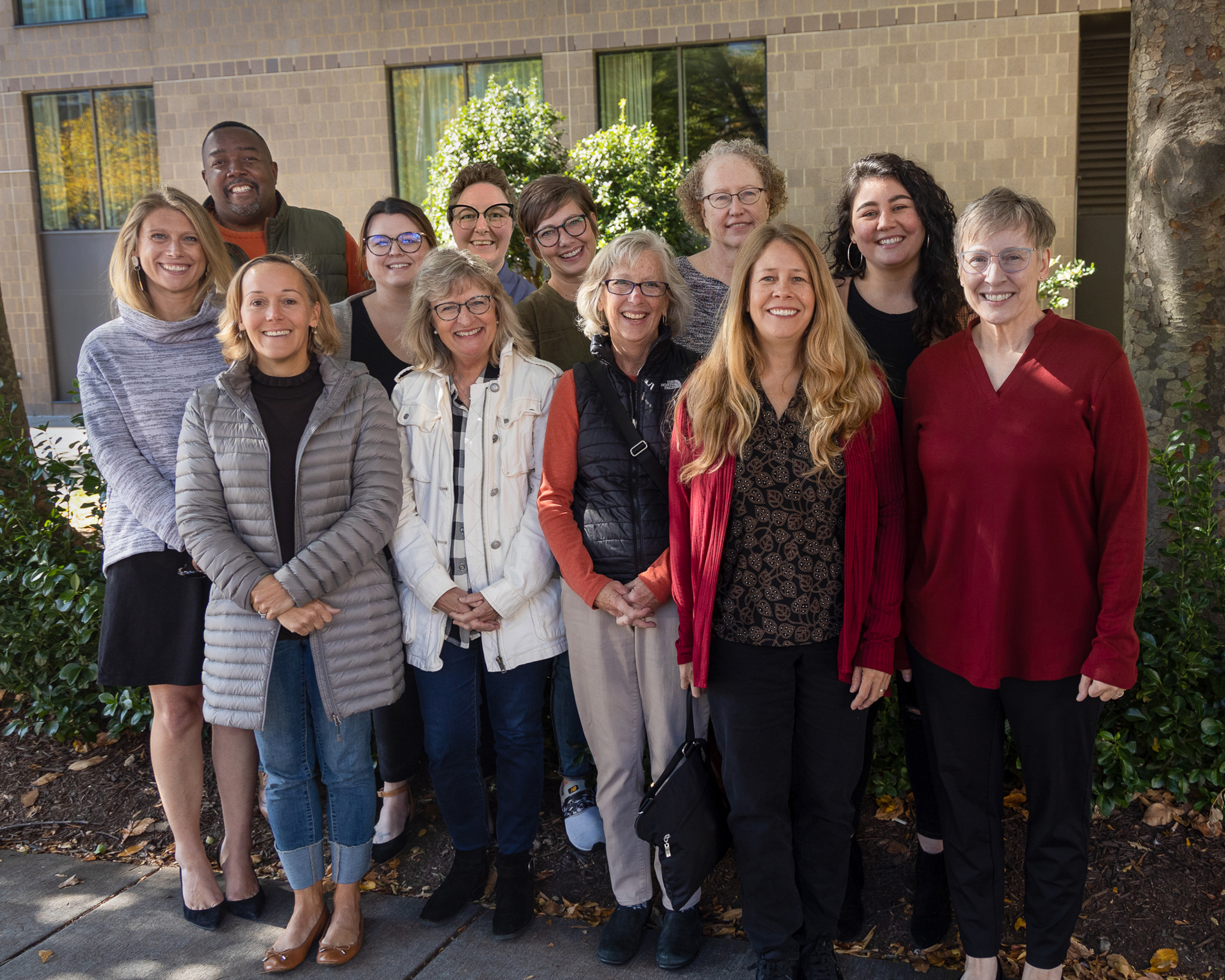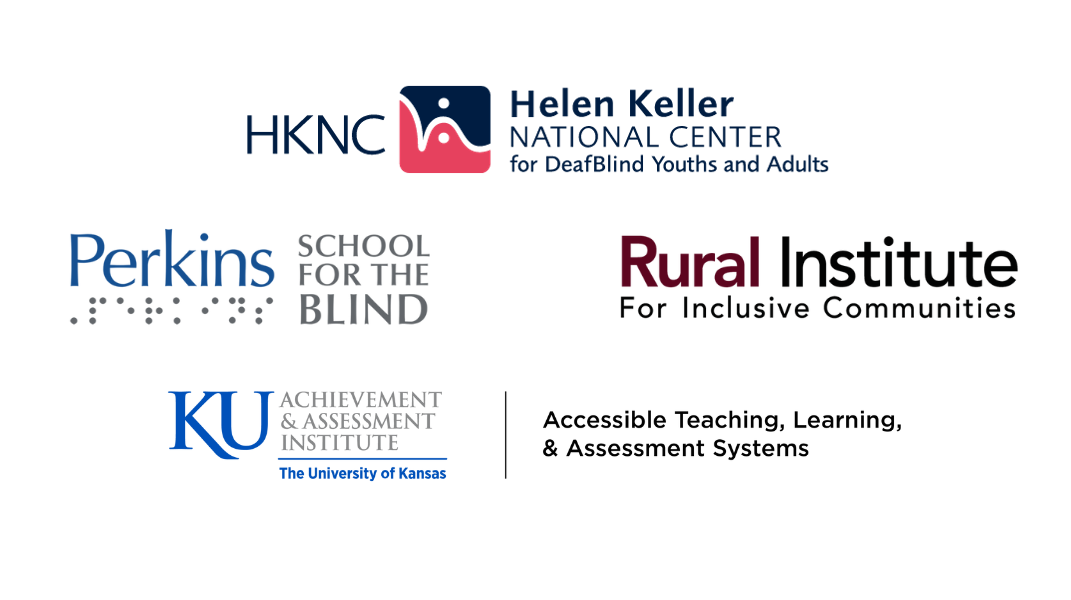About the National Center on Deafblindness

What We Do
There are approximately 10,000 children and youth in the United States who have been identified as deafblind. Deafblindness is a low-incidence disability and within this population there is great variability in terms of age, race/ethnicity, cause of deafblindness, and severity and type of hearing and vision loss. Ninety percent have additional physical, medical, or cognitive disabilities.
As a national technical assistance center, NCDB works with state deafblind projects and other partners to improve educational results and quality of life for children who are deafblind and their families.
Why We Do What We Do
As a result of our work with state deafblind projects and other partners we aim to
- Increase identification of children and youth who are deafblind
- Promote the adoption of high-quality deafblind education practices
- Increase children's access to communication, education, social relationships, and the environment
- Increase the number of qualified personnel
- Increase the quality of support available to families
- Improve transition outcomes so that students successfully move from high school to post-secondary education or employment and community life
NCDB Annual Impact Reports


Meet the People Behind NCDB
NCDB staff are located in various locations across the country, including New York, Massachusetts, Wisconsin, Kansas, Oregon, Arkansas, Ohio, and Montana. Collectively, we have extensive knowledge and skills in areas needed to operate a national technical assistance and dissemination center for children who are deafblind. These include leadership, project management and administration, technical assistance—including systems change and personnel development—deafblind practices, information management, product development, dissemination, and program evaluation.
Learn More About Our Partners
The National Center on Deafblindness is comprised of four established agencies with an excellent track record of serving children who are deafblind. This multi-agency approach allows us to gather qualified staff from across the U.S., which is essential in the highly specialized field of deafblindness where expertise is geographically dispersed. Lead agency: Helen Keller National Center.
